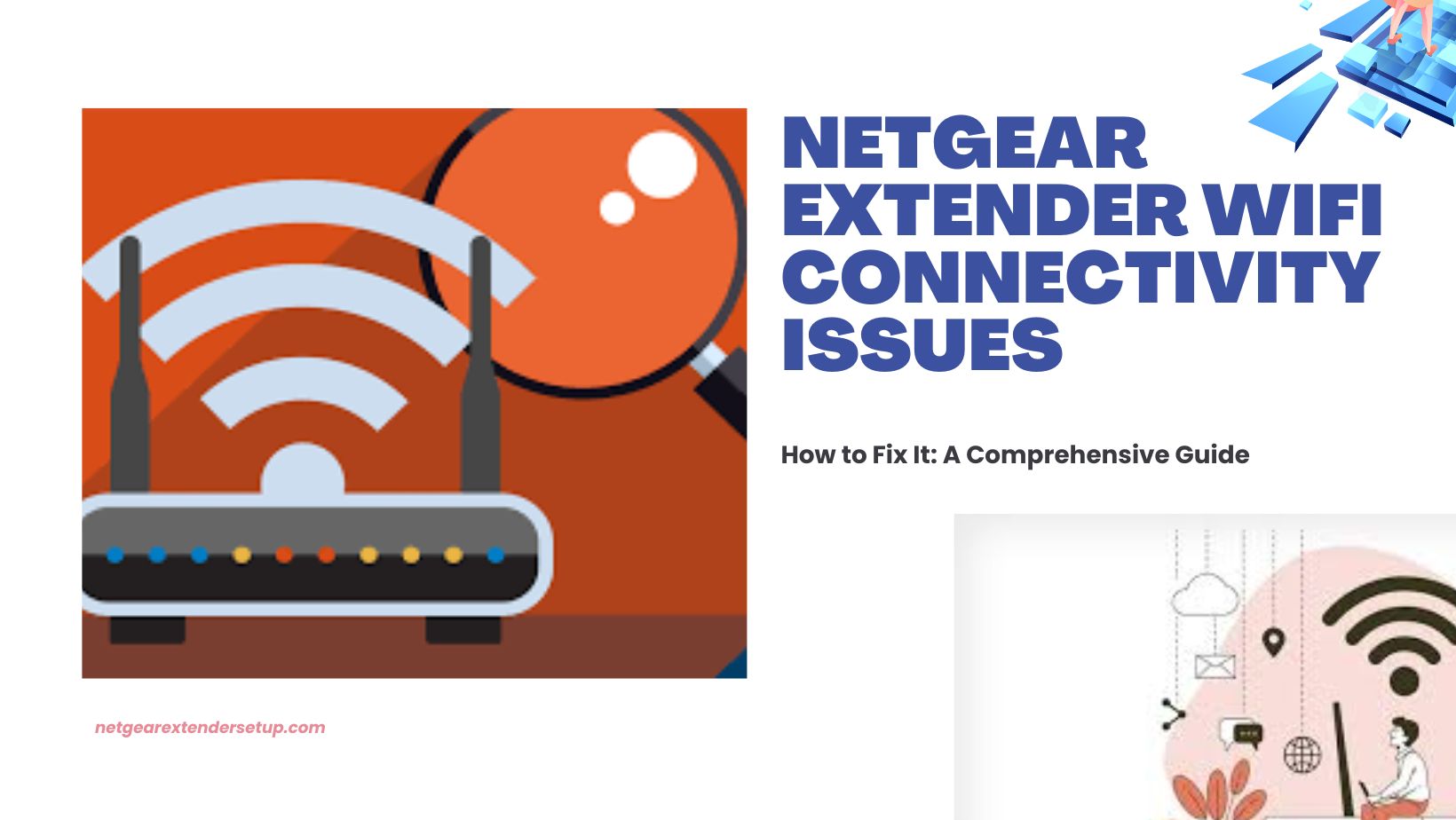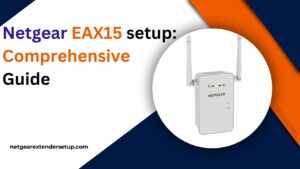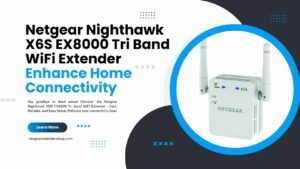Dealing with WiFi connectivity issues can be frustrating, especially when using a Netgear extender. Luckily, there are several troubleshooting techniques that can help resolve these issues and improve your WiFi connection. In this comprehensive guide, we’ll explore common Netgear extender WiFi connectivity issues and provide practical solutions to fix them. Additionally, we’ll share expert tips for maintaining a robust wireless connection.
Understanding Netgear Extender WiFi Connectivity Issues
When your Netgear extender experiences connectivity issues, it can manifest in various ways.
Whether facing slow or intermittent WiFi connections, transitional 4 words struggling to connect to the extender, or experiencing complete signal dropout, these issues may stem from factors such as signal interference, outdated firmware, or improper extender placement.
Identifying Common Issues
➤ Slow or Intermittent WiFi Connections
If you’re experiencing slow or intermittent WiFi connections with your Netgear extender, it could be due to signal interference from other electronic devices, neighboring networks, physical obstructions, or transitional weather conditions. These factors can disrupt the WiFi signal and lead to connectivity issues.
➤Difficulty in Connecting to the Extender
Connecting to the extender can be challenging if the settings are incorrect or if the extender is placed too far from the router. Despite these challenges, this can result in poor signal strength and frequent disconnections.
➤Signal Dropout
Signal dropout occurs when the extender fails to maintain a consistent connection with the router, often leading to frequent disruptions in the WiFi signal.
Troubleshooting Techniques
1. Check Extender Placement
Ensure that the Netgear extender is placed within the range of the router for optimal signal strength. Avoid placing it near metal objects, microwaves, or cordless phones, as these can interfere with the WiFi signal.
2. Update Firmware
Regularly update your Netgear extender’s firmware to ensure it’s equipped with the latest enhancements and bug fixes. Plus, this simple step can significantly improve overall performance and seamlessly resolve connectivity issues.
3. Adjust Wireless Settings
Optimize the wireless netgear extender setup to minimize interference from other networks. Additionally, choose the least congested WiFi channel to improve signal stability and speed.
4. Perform a Reset
If all else fails, consider performing a factory reset on the Netgear extender. Therefore, it cac help eliminate any underlying configuration issues that may be causing connectivity problems. In such cases, it’s a reliable troubleshooting step.
Read More:
Netgear Extender Red Light Issue
Frequently Asked Questions (FAQs)
No, the designated IP address for Netgear extenders is exclusively 192.168.1.250.
Make sure the extender falls within the router’s range, and carefully scrutinize the configuration settings for any inconsistencies.
Regularly inspect for updates and strive to update the firmware at least once every few months.
Place the extender in a central location, free from obstructions and electronic interference.
Yes, securing your network with a strong password is essential to prevent unauthorized access and interference.
Conclusion
Dealing with Netgear extender WiFi connectivity issues doesn’t have to be a hassle. By understanding the common issues and implementing the troubleshooting techniques outlined in this guide, you can proactively improve your WiFi connection and enjoy a seamless online experience. Take the time to assess and address any connectivity issues systematically to ensure a reliable and stable WiFi connection with your Netgear extender.



